Charles Leon Gilliland, born on May 24, 1933, stands as a symbol of valor and sacrifice in the annals of the United States military history. His heroic actions during the Korean War earned him the highest military honor, the Medal of Honor, albeit posthumously. This blog delves into the life of a young soldier whose bravery and dedication to his comrades left an indelible mark on history.

Early Life and Struggles: Charles L. Gilliland was born in the small community of Colfax near Mountain Home, Arkansas, as the second of nine children to Leon Carl and Evangeline Margarite Martin Gilliland. His father, a farmer and construction worker, and his mother, a nurse's aide, provided a modest upbringing. The family later moved to Marion County during Charles’ teenage years. From a young age, Charles exhibited a strong interest in the military and law enforcement. He enjoyed hunting and fishing, and was a fitness enthusiast. At the age of 16, Charles attempted to enlist in the Marine Corps but was advised to continue his education. Undeterred, he convinced his parents to allow him to join the U.S. Army on his 17th birthday, May 24, 1950.
Military Enlistment and Heroics: Enlisting in Yellville, Arkansas, Charles embarked on his military journey with basic training at Fort Riley, Kansas. Just a month after his enlistment, the Korean War erupted, thrusting the young soldier into the midst of conflict by the end of 1950. Despite being wounded, Charles displayed remarkable bravery, once carrying a fellow soldier who had lost both legs to safety.
By April 25, 1951, Charles was serving as a private first class with Company I of the 7th Infantry Regiment, 3rd Infantry Division. On this fateful day, his company faced a fierce attack from a numerically superior Chinese force near Tongmang-ni. From his defensive position, Charles had a strategic view of the defile through which many attackers approached. He relentlessly fired his automatic rifle into the defile, even after sustaining a severe head wound while pursuing two Chinese soldiers who had breached the defensive line. When the order to retreat was given, Charles selflessly stayed behind to provide covering fire, allowing his comrades to withdraw safely. Tragically, he was never seen again.
Defining Moment: Charles’ defining moment came during this intense battle. Despite severe injuries, he chose to stay behind and cover his unit's withdrawal, showcasing unmatched bravery and dedication. His actions not only prevented the enemy from overrunning his company’s position but also exemplified the highest standards of military service. His heroics on that day earned him posthumous promotion to corporal and the Medal of Honor, the highest military decoration.
Military Awards and Decorations: Charles L. Gilliland was awarded the Medal of Honor posthumously in 1954. Initially, the announcement was delayed due to fears that he might have been captured and punished by the Chinese if they learned of his valor. After being declared dead in 1954, the Medal of Honor was presented to his family in a ceremony at the Pentagon in December of that year. At just shy of 18 years old when he earned the award, Charles became the youngest Medal of Honor recipient of the Korean War. In honor of his legacy, the U.S. Navy christened a transport ship, the USNS Gilliland, on what would have been his 64th birthday, May 24, 1997.
Conclusion: Charles L. Gilliland’s story is one of extraordinary courage, selflessness, and sacrifice. His actions during the Korean War not only saved the lives of his comrades but also set a standard of bravery that continues to inspire. His posthumous recognition with the Medal of Honor ensures that his legacy of valor and dedication will never be forgotten. Charles L. Gilliland remains a true American hero, remembered for his ultimate sacrifice in the face of overwhelming odds.
